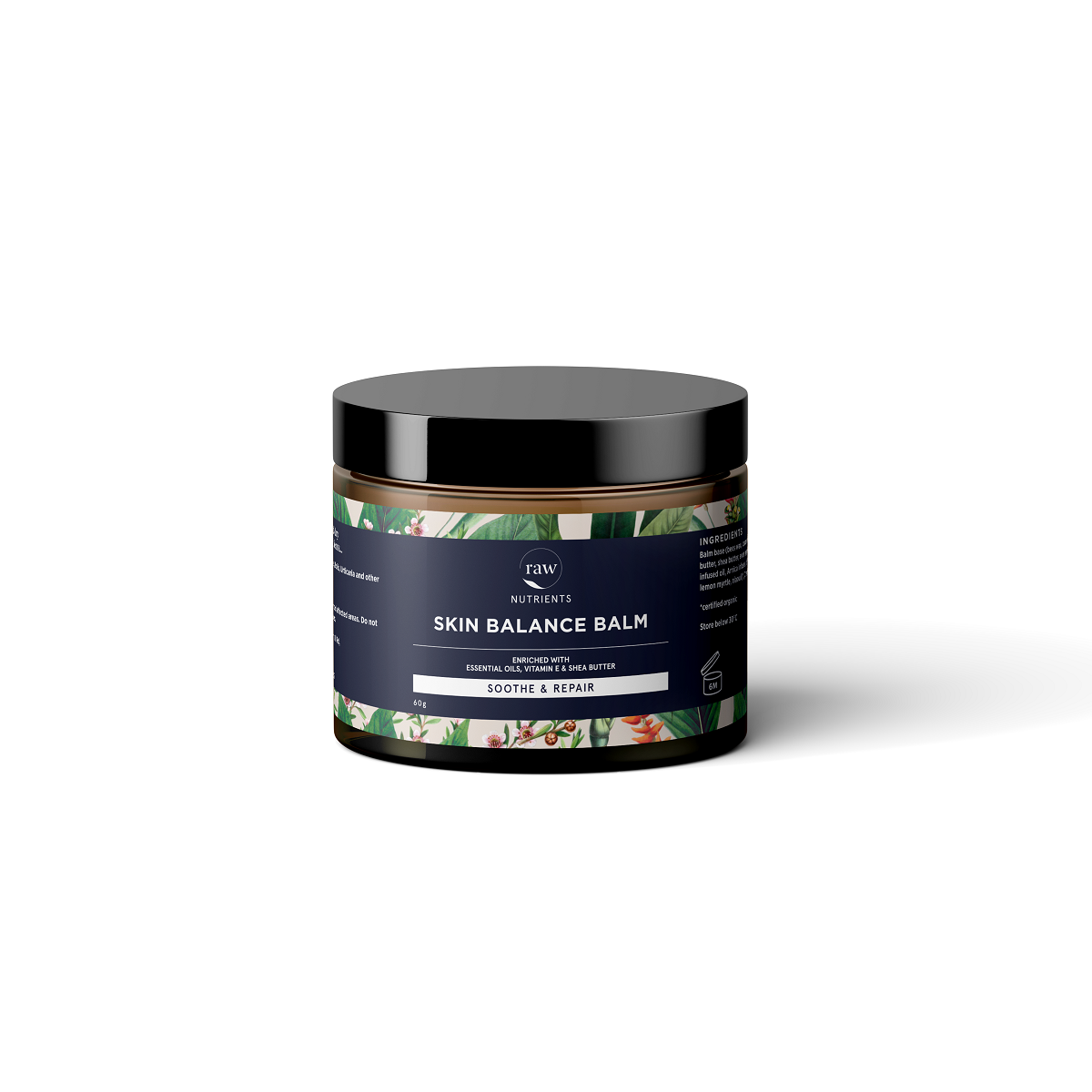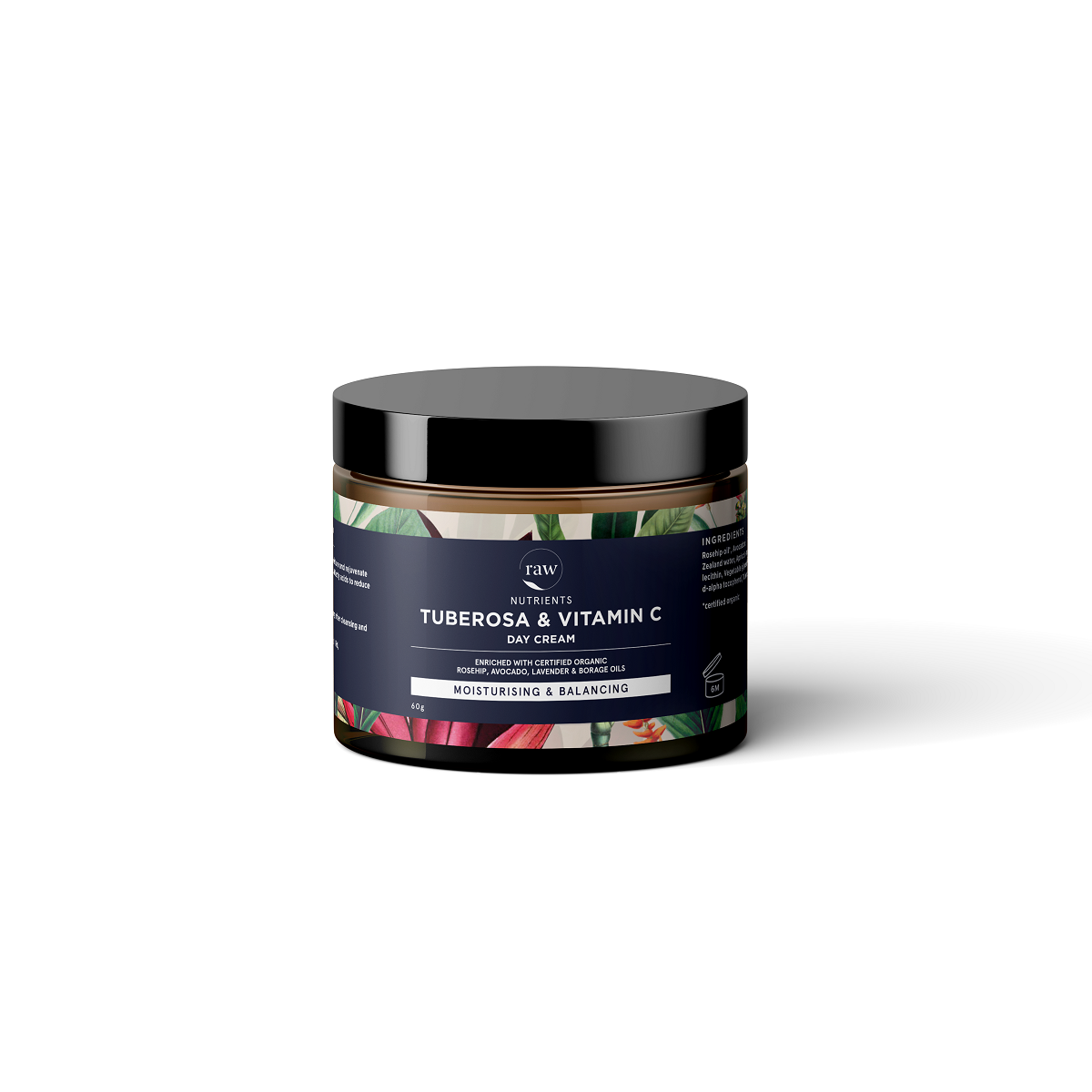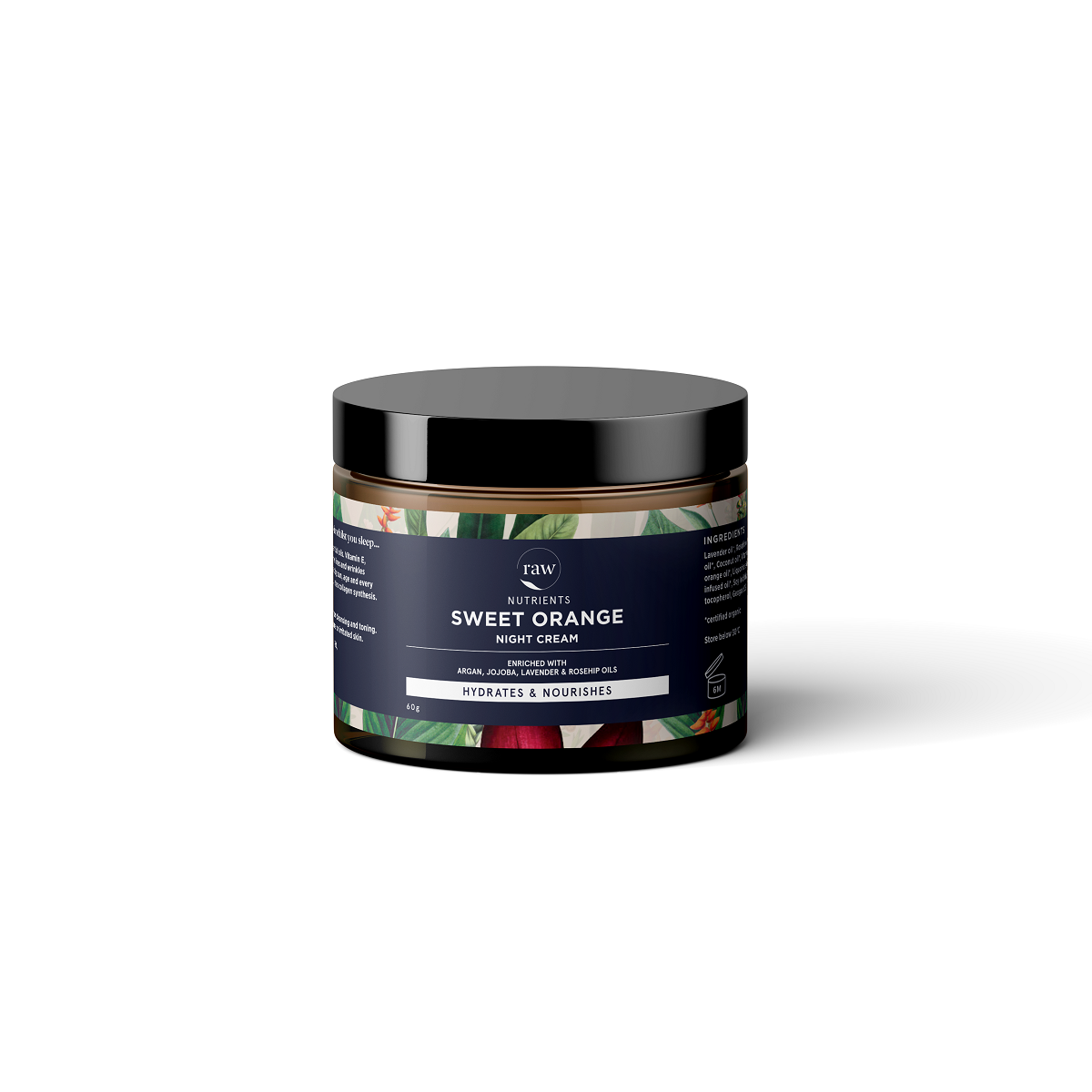-
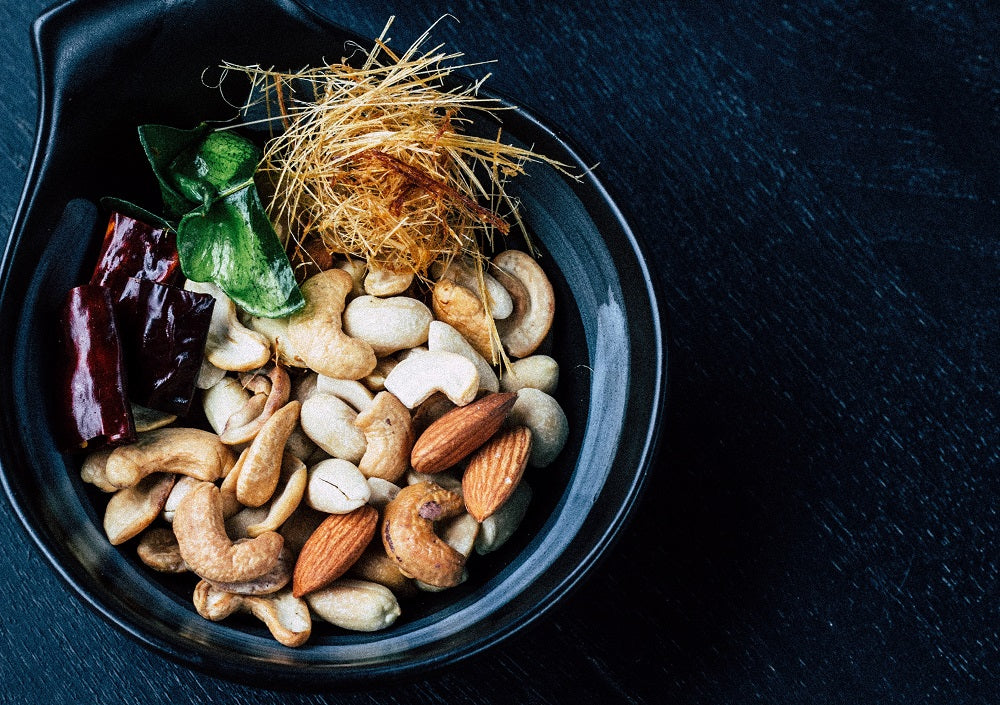
Think about zinc!
Zinc plays many important roles in your body. This essential dietary mineral is involved in metabolism processes, hel...
-

Magnesium; Are We Consuming Enough?
There is widespread magnesium deficiency, and given the importance of magnesium in the body, it is but essential to r...
-
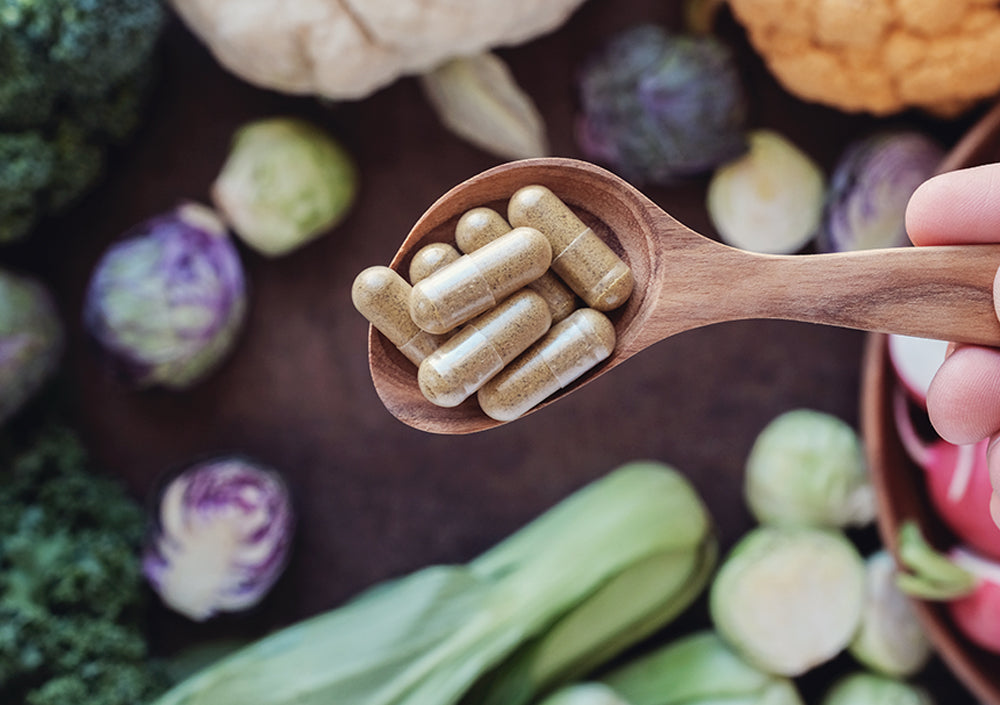
Probiotics; When & how do they work best?
Your gastrointestinal system comprises different microorganisms. The gut bacteria play a vital role in the health and...
-
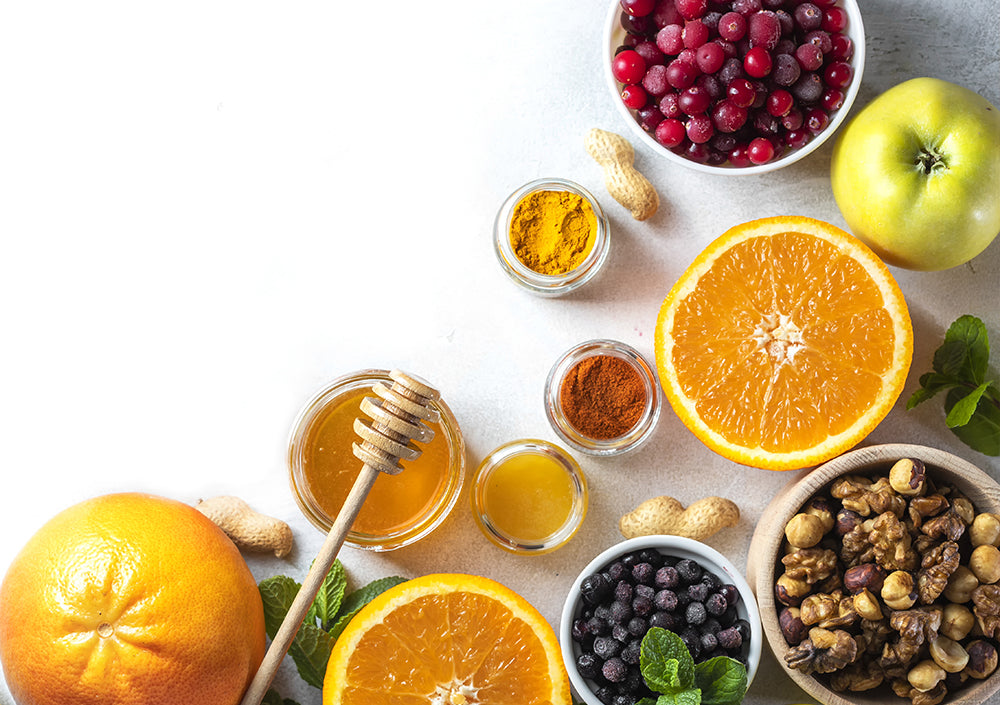
Vitamin C; How does it benefit wellness?
Vitamin C has gained popularity as an antioxidant. However, research claims that it can act as both an antioxidant an...

Scientific research
Probiotics; When & how do they work best?
Here we cover reviews of probiotic supplementation in healthy adults and the impact on the modulation of Gut Microbiota.
Your gastrointestinal system comprises different microorganisms. The gut bacteria play a vital role in the health and well-being of an individual. It is the interplay of probiotics, prebiotics, and synbiotics that decide the health of the host. The gut microorganisms produce nutrients and play a role in disease and infection prevention caused by intestinal pathogens.
The gut bacteria are known to modulate a normal immunological response. Studies compare the role of antibiotics and probiotics on human health, favouring the role of prebiotics and probiotics in delivering an array of health benefits. Therefore, a healthy balance among the intestinal microbiota is necessary to keep an individual healthy and kicking.[1] Not surprisingly, your health primarily depends on what you feed your microbiome. The healthier the microbiome, the healthier you are.
There are two ways to maintain a healthy balance between the gut bacteria to nourish the microbes with foods they thrive on, that is, prebiotic. Or these living microbes can be directly passed to the system (probiotic).
Prebiotics are specialized plant fibers found in fruits and veggies. Though they are not digestible and pass through the digestive tract and become food for the microbes, they are necessary for the stimulation and growth of the healthy gut bacteria.
Probiotics contain living organisms, which could be in the form of specific strains of bacteria that stimulate the growth of healthy gut microbes. Probiotic products comprise microbial strains, such as Lactobacillus, Lactococus, Bifidobacterium, and Streptococcus. A single dose of probiotics may include a specific strain of microbe
Like prebiotics, probiotics may be consumed through food and supplements. Yogurt is the most common probiotic food.
The main advantage of probiotics is on the development of the microbiota that ensure a proper balance between gut-friendly bacteria and pathogens. Live microorganisms help with the production of functional food. Besides, they contribute to the preservation of food while playing a role in the restoration of natural microbiota after a person has been on antibiotic therapy.
Not only this, probiotic bacteria can counteract the activity of and inhibit the development of pathogenic intestinal microbiota, which could enter human gut from contaminated food and environment. They help in the prevention of food poisoning.
Further, research has established a positive effect of probiotics on digestion and food allergy cure. Probiotics are being seen as a natural agent for allergy prevention and treatment. Probiotic bacteria are known to activate multiple immune mechanism, thus having a major impact on the functionality of the mucosal and systemic immune systems
Probiotics and immunity
Research claims that probiotics or prebiotics can positively influence the immune response to the flu shot or vaccination. This means probiotic supplementation could help boost immunity and improve the performance of shots.[2]
Multiple clinical trials have authenticated this fact. Probiotics are believed to stimulate the immune response. There is a communication between the gut and the brain through endocrine, neural, and immune pathways, including interactions with gut microbiota. Research finds a relationship between the intestinal bacteria and mood symptoms, establishing the fact that probiotic supplementation could play a role in depression prevention or treatment.
Probiotics are believed to enhance the first line of defense against infections and allergies, enhancing natural killer cell activity. Further, probiotics enhance the secretion of immunoglobulin A into the saliva. Thus the body is strengthened to ward off infections.
A study examined the effect of probiotic supplements on the cognitive functioning. It found that probiotics intervention could play a role in influencing cognitive mechanisms that determine a person’s vulnerability to mood disorders.
Thus probiotics may be essential for those fighting with anxiety, stress, and depression.[3]
These living microorganisms or probiotics are known to confer a health benefit if taken in adequate quantities. They show a great promise as a supplement as opposed to conventional medicine for social anxiety. Additionally, probiotics have an excellent safety profile without having any side effects.
One study investigated the role of probiotics on anxiety found that students who ate more fermented foods showed less signs of social anxiety. The research further finds a connection between neuroticism and anxiety, claiming that fermented food might help reduce symptoms of social anxiety in a neurotic person.[4]
Gut flora and Metabolic Diseases
Gut microbiota is known to affect the metabolic processes. They are believed to regulate blood pressure, cholesterol absorption, and glucose metabolism.
Research establishes the role of nutritional probiotic supplementation to manipulate the composition of gut bacteria for the prevention of metabolic diseases. It is to be believed that probiotic action can have a significant effect on the prevention of infections, imbalances, and disease.
Probiotics may be helpful for treating inflammatory enteral conditions that are associated with inflammations of the intestine. Research studies have demonstrated that probiotics may cause the remission of ulcerative colitis.
Prebiotics
Prebiotics are known to stimulate the growth of gut bacteria. Vegetables, fruits, and cereals constitute potential prebiotics. Bananas, tomatoes, garlic, onion, artichokes, berries, legumes, and oats are some of the examples of prebiotics.
Prebiotics may be defined as dietary fiber. But it is not the other way round. In fact, prebiotics are not properly fermented in the oral cavity, not digested fully, or not absorbed in the small intestine.
Prebiotics are available in natural products and can be added to food to improve its nutritional and health value. They stimulate the growth of probiotics and do not contain any microorganisms.
The main role of prebiotics is to affect the composition of intestinal flora. Prebiotics are not digested by the enzymes in the intestine and enter the colon in an unaltered form. Saccharolytic bacteria are known to play a role in the fermentation of prebiotics in the colon due to the enhanced absorbability of calcium and modulation of lipid metabolism.
In simple words, prebiotics play a major role in stimulating the growth of probiotics in the gastrointestinal tract. Research claims that the administration of prebiotics improves mineral absorption in the body. Studies on colorectal carcinoma prove that a diet rich in vegetables and fruit is less likely to cause the disease. This beneficial effect is primarily attributed to inulin and oligofructose.
Other benefits of prebiotics include reduction of the LDL levels, better absorption of calcium, stimulation of immunological system, and maintenance of pH balance in the intestine. Besides, prebiotics may help alleviate the symptoms of peptic ulcers. They have been found to play a beneficial role in vaginal mycosis, support lactose intolerance, and prevention of carcinogenesis. Lab studies find a reduction in blood triacylglycerol levels after the regular consumption of a diet rich in prebiotics.[5]
Prebiotics are primarily used as a selective medium to induce fermentation and growth of a probiotic strain to help with smooth intestinal passage of the food.
Synbiotics
Synbiotics help improve the survival of healthy microorganisms added to food. Besides, they stimulate the production of native bacterial strains in the GI. The overall benefit of synbiotics looks more promising when combined with a prebiotic and probiotic.
Synbiotics are known to
- Help balance the intestinal microbiota
- Increase Lactobacillus and Bifidobacterium genus
- Improve hepatic function for those with liver disease
- Prevent bacterial translocation
- Reduce the incidence of infections in people having undergone surgical intervention
Synergistic Effect
A probiotic is active in both intestines while a prebiotic is active in the large intestine. Given their activity in both intestines, their combination is believed to have a synergistic effect.
When prebiotics are combined with probiotics, the latter are believed to become more tolerant to environmental conditions, allowing a positive impact on the person’s health.
Probiotics play a crucial role in maintaining the balance between intestinal microbiota. They are believed to contribute to the treatment of gastrointestinal disorders, bacterial infections, and irritable bowel syndrome.
Probiotics are also thought to be highly effective in lactose intolerance and atopic dermatitis. Prebiotics may be used as a probiotic substitute. Or they may be taken in combination with each other for a synergistic effect beneficial to human health.
References
[1] Indian Council of Medical Research Task Force, Co-ordinating Unit ICMR, & Co-ordinating Unit DBT (2011). ICMR-DBT guidelines for evaluation of probiotics in food. The Indian journal of medical research, 134(1), 22–25.
[2] Maldonado Galdeano, C., Cazorla, S. I., Lemme Dumit, J. M., Vélez, E., & Perdigón, G. (2019). Beneficial Effects of Probiotic Consumption on the Immune System. Annals of nutrition & metabolism, 74(2), 115–124. https://doi.org/10.1159/000496426
[3] Huang, R., Wang, K., & Hu, J. (2016). Effect of Probiotics on Depression: A Systematic Review and Meta-Analysis of Randomized Controlled Trials. Nutrients, 8(8), 483. https://doi.org/10.3390/nu8080483
[4] Hilimire, M. R., DeVylder, J. E., & Forestell, C. A. (2015). Fermented foods, neuroticism, and social anxiety: An interaction model. Psychiatry research, 228(2), 203–208. https://doi.org/10.1016/j.psychres.2015.04.023
[5] De Preter, V., Hamer, H. M., Windey, K., & Verbeke, K. (2011). The impact of pre- and/or probiotics on human colonic metabolism: does it affect human health?. Molecular nutrition & food research, 55(1), 46–57. https://doi.org/10.1002/mnfr.201000451
You might be interested in...
Raw Resources
Read About the Science Behind the Supplements

